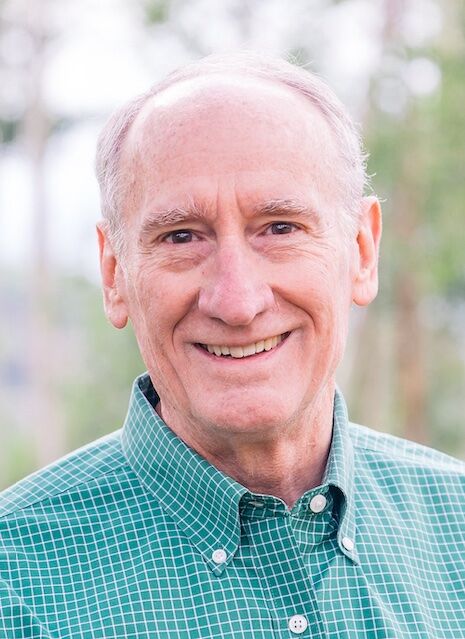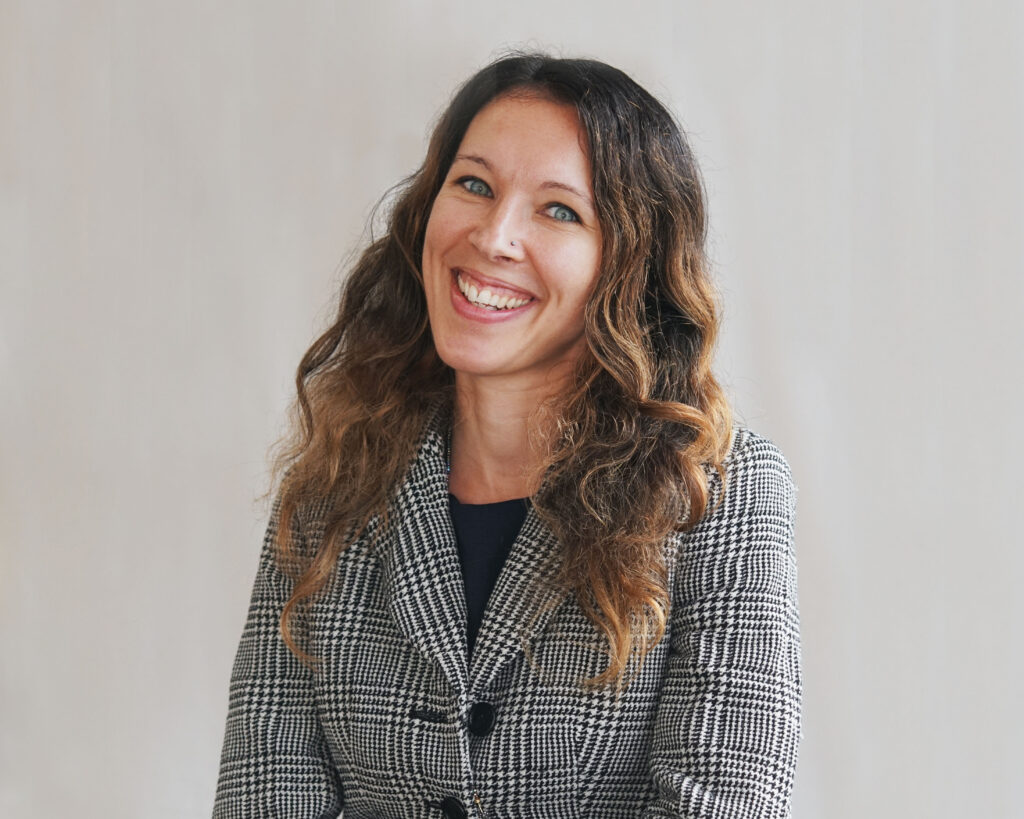Therapeutic cannabis concentrates save lives like mine


A recent op-ed concerning high-potency cannabis products opened with: “As more of us reveal our stories, more families are empowered to share theirs, as well.” That inspired me to share my family’s story. Access to therapeutically concentrated cannabis saved my life.
Concentrates have given me my life back, including the ability to work, engage in my community and be present for my family. They gave me hope. I have a laundry list of health issues including rheumatoid arthritis, lupus, Sjogren’s, hypermobile Ehlers-Danlos Syndrome, mast cell issues, dysautonomia, and so much more. In a nutshell, my body is dissolving from the inside out. These conditions cause me severe physical pain and make it nearly impossible for me to live a typical life.
Everything changed when I started using marijuana concentrates. I went from barely walking 200 feet to undertaking eight-mile hikes. I’m back at work and off disability. Thanks to cannabis, I enjoyed a two-year controlled remission from my autoimmune diseases – meaning my symptoms were controlled through therapy. I weaned myself off nine prescriptions, including opiates, sleep aids and anticonvulsants.
Unfortunately, due to extremely stringent purchasing limits and other regulations passed last year, it’s becoming more and more difficult to access the higher purity and potency cannabis products that have made all of this possible. Activists continue to try to limit my access, and 80,000 other patients’ access, to lifesaving medication in the name of protecting youth.
Patients utilize higher potency products because they are purer and contain less “fillers,” are more effective and are more cost effective. Think about it this way. If manufacturers were to reduce the potency of chemotherapy drugs, instead of taking one pure chemotherapy pill, you would have to take six. Instead of taking one dose of the medical cannabis I rely on, I would have to take six doses, and I would have to absorb the costs that go along with that. The three grams of concentrate I take a day already cost me between $500 and $800 a month.
Patients are doing their best, but even just a month in, new regulations have created minefields patients now have to navigate. Already, prices of therapeutic concentrates have doubled, making cannabis therapy even more inaccessible. Filling my monthly dosing now requires a trip to the dispensary two-to-three times a week. I’m disabled, unable to drive, and the added trips are extremely burdensome. Therapeutic access, even for adults, is near impossible. I can fill a prescription for opiates easier.
Unfortunately, many families are losing access totally, with our pediatric patients being hit the hardest. Medical marijuana cards for those under 21 went from $200 to $1,000, pricing the most vulnerable families out.
Although most Coloradans are pro-cannabis, I worry about the direction our state is headed as activists use scare tactics to villainize this important medicine and push for more regulations. Much of the recent push to over-regulate and villainize the marijuana industry stems from outdated “reefer madness” stigma and a lack of understanding around higher-potency, purer products.
Unlike many other regulated substances, the cannabis industry has a 97% compliance rate for preventing youth access. Youth use of cannabis is actually down, but nothing has changed for the countless parents, veterans and patients like me who rely on medical cannabis.
As a mother and grandmother, my heart breaks when I hear stories about teens who struggle with mental health. In our patient community, we’ve experienced the pain of losing our children. But pointing the finger at cannabis rather than focusing on access to mental health care in Colorado is not the answer. Ironically, many of the aspects of our mental health services that do work are actually funded by marijuana taxes.
Patients like me need every tool in the toolbox we can get, especially since many of us have failed all pharmaceuticals. Medical marijuana was already a therapy of privilege, and now it’s inaccessible to nearly all of us. Marijuana is a legitimate therapy and should be treated that way. Removing a working therapy can be life-threatening. Please stop regulating us to death.
Bridget Seritt is a mother of three, grandmother and cannabis patient who lives in Colorado Springs. She has studied neuroscience-based psychology and early childhood education and was an educator until she medically retired in 2012. She co-founded Advocates for Compassionate Therapy Now (ACT Now).









